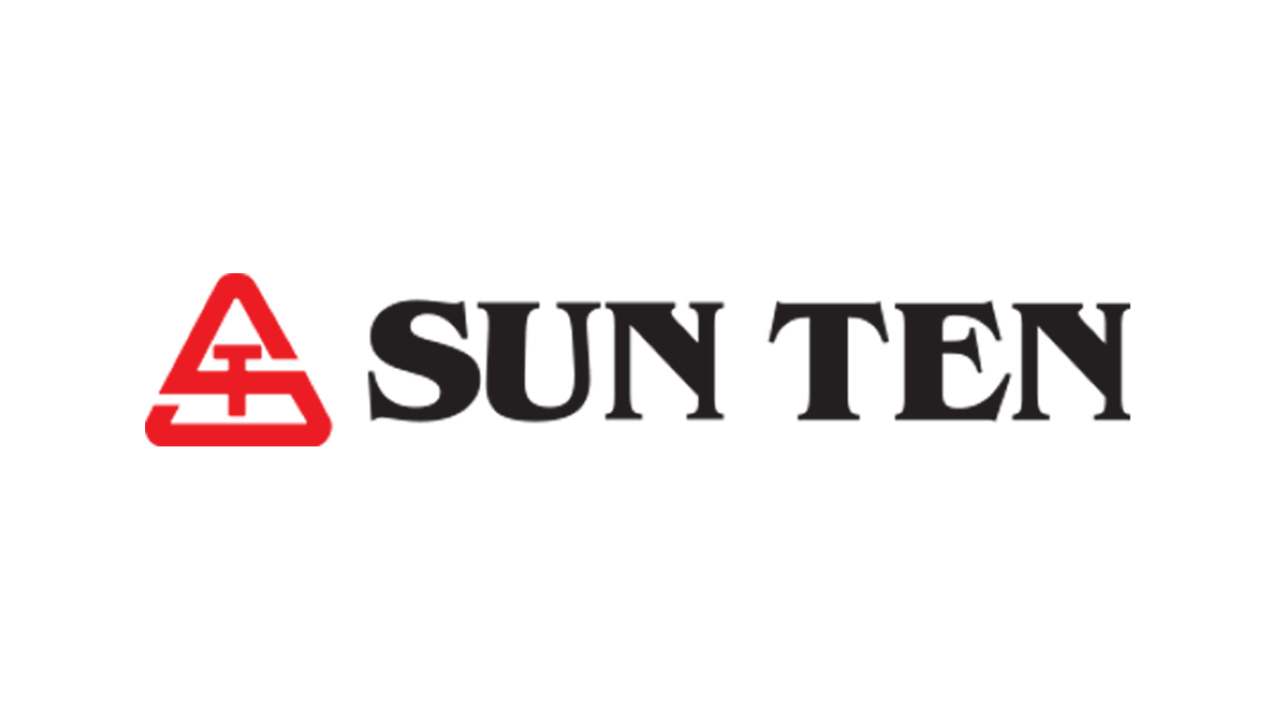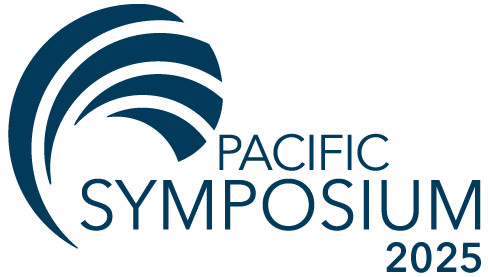
By John Guszak
We stand at the intersection of tradition and innovation, constantly seeking ways to integrate ancient wisdom with contemporary medical practices. One area where this integration is particularly vibrant is the use of herbal medicine alongside acupuncture treatments. At Sun Ten, we’ve observed fascinating trends and developments that are reshaping how acupuncturists utilize herbal remedies in their practice, particularly in the context of the challenges and opportunities presented by today’s healthcare environment.
Navigating the Post-Pandemic Landscape
The COVID-19 pandemic has significantly altered the landscape of healthcare, with long-lasting impacts on both patients and practitioners. Many individuals are now more inclined to seek holistic and preventative care, recognizing the importance of a robust immune system and overall well-being. Acupuncture and herbal medicine, with their roots in traditional Chinese medicine (TCM), offer a unique and effective approach to achieving these goals.
During the pandemic, many patients turned to alternative therapies when conventional healthcare services were overwhelmed. This shift has persisted, with more people appreciating the value of integrative approaches that support not just physical health but also mental and emotional well-being. As acupuncturists, you have a unique opportunity to meet this growing demand by incorporating herbal medicine into your practice.
The pandemic also highlighted the importance of addressing long-term health conditions and strengthening immune resilience. Patients recovering from COVID-19 or dealing with long COVID symptoms have sought out TCM therapies for their holistic approach to healing. Acupuncture and herbal medicine can provide much-needed support for these patients by addressing lingering symptoms, boosting energy levels, and restoring overall balance.
The Rise of Integrative Approaches
One of the most promising trends we’ve observed is the increasing adoption of integrative medicine. Acupuncturists are collaborating more frequently with Western medical practitioners, creating comprehensive treatment plans that address both symptoms and underlying causes. Herbal medicine plays a crucial role in these integrative approaches, providing support that complements acupuncture by targeting internal imbalances and enhancing overall treatment efficacy.
For instance, in cases of chronic pain, combining acupuncture with specific herbal formulas can enhance pain relief and reduce inflammation more effectively than either modality alone. Similarly, for patients dealing with stress and anxiety, the calming effects of acupuncture can be augmented by herbs that support the nervous system and improve sleep quality. These integrative strategies are gaining recognition for their ability to provide holistic and patient-centered care.
Integrative medicine also opens up opportunities for research and evidence-based practice. Collaborative studies that investigate the combined effects of acupuncture and herbal medicine can provide valuable insights and further validate the efficacy of these traditional therapies. As acupuncturists, staying informed about these developments and participating in such research can help you contribute to the growing body of knowledge and improve patient outcomes.
Personalized Medicine: Custom Herbal Formulations
The concept of personalized medicine is gaining traction, and TCM has always been at the forefront of this approach. Custom herbal formulations allow acupuncturists to tailor treatments to the individual needs of their patients. By considering factors such as constitution, current health status, and specific symptoms, practitioners can create highly individualized herbal prescriptions that work synergistically with acupuncture to promote healing and balance.
This personalized approach is particularly valuable in addressing complex and chronic conditions. For example, a patient with chronic fatigue syndrome may benefit from a custom herbal formula that supports adrenal function, boosts energy, and addresses any underlying digestive issues. When combined with acupuncture treatments designed to restore balance and vitality, the results can be profoundly transformative.
Personalized herbal medicine also allows for a more dynamic approach to treatment. As patients’ conditions evolve, their herbal prescriptions can be adjusted to reflect their changing needs. This flexibility ensures that the treatment remains effective and responsive to the patient’s progress. Furthermore, personalized formulations can enhance patient adherence, as individuals are more likely to follow a treatment plan that is tailored specifically to them.
Creating custom herbal formulations requires a deep understanding of the properties and interactions of various herbs. Acupuncturists who specialize in herbal medicine invest significant time and effort in studying the pharmacology, energetics, and clinical applications of herbs. This expertise enables them to design formulations that are not only effective but also safe and well-tolerated. Additionally, the ability to adjust formulations based on patient feedback and clinical response is a hallmark of skilled herbal practice.
Education and Continuing Professional Development
As the role of herbal medicine in acupuncture practice evolves, so too must the education and training of practitioners. Continuous professional development is essential for staying abreast of the latest research, techniques, and regulatory changes. Many acupuncturists are seeking advanced training in herbal medicine, whether through formal education programs or specialized workshops. The Pacific Symposium provides an excellent opportunity for such learning, offering a platform to engage with experts and peers, share insights, and deepen our collective understanding of TCM.
Moreover, staying informed about regulatory changes is crucial for ensuring compliance and maintaining the highest standards of practice. With the increasing scrutiny of herbal products and supplements, acupuncturists must be knowledgeable about sourcing, quality control, and potential interactions with pharmaceuticals. Ongoing education helps practitioners navigate these complexities and provide the best possible care to their patients.
Participating in professional organizations and attending conferences like the Pacific Symposium can also foster a sense of community and support among practitioners. Networking with colleagues and sharing experiences can lead to new ideas, collaborations, and innovations in practice. These interactions can be invaluable for personal and professional growth, helping acupuncturists stay motivated and inspired in their work.
In addition to formal education, acupuncturists can benefit from self-directed learning and staying current with the latest publications and research in the field. Journals, online courses, webinars, and professional forums offer a wealth of information and resources that can enhance clinical practice. Engaging in continuous learning not only improves clinical skills but also reinforces the commitment to providing the highest quality care to patients.
Addressing Modern Health Challenges
Modern health challenges, such as chronic stress, anxiety, and autoimmune conditions, are areas where acupuncture and herbal medicine excel. The holistic nature of TCM allows for comprehensive treatment strategies that not only alleviate symptoms but also address root causes. Herbal medicine, with its vast pharmacopoeia, offers a diverse array of remedies that can be tailored to support the body’s natural healing processes.
In our fast-paced, high-stress society, many patients present with conditions that are exacerbated by lifestyle factors. Chronic stress can lead to a host of physical and mental health issues, from insomnia and digestive problems to anxiety and depression. Herbal medicine provides acupuncturists with a powerful tool to address these conditions. Herbs such as ashwagandha, rhodiola, and valerian can help modulate the stress response, improve resilience, and promote relaxation.
Similarly, autoimmune conditions, which are increasingly common, require a nuanced approach that addresses the immune system’s dysregulation. Herbs like astragalus, licorice, and reishi mushroom can support immune function, reduce inflammation, and enhance the body’s ability to maintain homeostasis. By combining these herbs with acupuncture treatments that target specific meridians and organ systems, practitioners can offer comprehensive care that addresses both the symptoms and the underlying imbalances.
Another significant modern health challenge is metabolic syndrome, which encompasses conditions such as obesity, diabetes, and cardiovascular disease. Herbal medicine offers various remedies that can support metabolic health, improve insulin sensitivity, and promote cardiovascular function. For instance, herbs like berberine, ginseng, and cinnamon have been shown to have beneficial effects on blood sugar levels and lipid profiles.
Addressing modern health challenges also involves a proactive approach to prevention. Acupuncturists can play a key role in educating patients about lifestyle modifications that support long-term health. This includes guidance on diet, exercise, stress management, and other factors that influence overall well-being. By empowering patients with knowledge and tools for self-care, practitioners can help prevent the development of chronic conditions and promote a healthier, more balanced life.
Future Directions
Looking ahead, the integration of herbal medicine in acupuncture practice is likely to continue expanding. Advances in research are providing deeper insights into the mechanisms of action of various herbs, enhancing our ability to prescribe them effectively. Additionally, technological innovations, such as telehealth, are making it easier for practitioners to reach and treat patients remotely, broadening access to holistic care.
Research is a critical component of advancing our understanding of herbal medicine. Studies investigating the pharmacokinetics, safety, and efficacy of various herbs are helping to bridge the gap between traditional knowledge and modern science. This growing body of evidence supports the integration of herbal medicine into mainstream healthcare and validates the experiences of practitioners and patients alike.
Telehealth, which saw a dramatic increase in use during the pandemic, offers new possibilities for patient care. Acupuncturists can now provide consultations and follow-up appointments virtually, allowing for greater flexibility and convenience. Herbal prescriptions can be tailored and shipped directly to patients, ensuring they receive the care they need without the barriers of distance or time constraints.
Furthermore, advancements in digital health tools, such as mobile apps and wearable devices, are empowering patients to take a more active role in their health. These tools can help track symptoms, monitor progress, and provide feedback to practitioners, facilitating more informed and personalized treatment plans. As acupuncturists, embracing these technologies can enhance your ability to deliver effective and patient-centered care.
At Sun Ten, we are committed to supporting acupuncturists in this journey by providing high-quality herbal products and educational resources. We believe that by embracing both tradition and innovation, we can continue to improve patient outcomes and advance the practice of acupuncture in meaningful ways.
We invite all acupuncturists to join the ongoing conversation about the evolving role of herbal medicine in our field. Share your experiences, learn from your peers, and explore the many ways in which we can integrate these powerful modalities to enhance our practice and the health of our patients. The Pacific Symposium is an excellent venue for these discussions, offering a rich program of lectures, workshops, and networking opportunities that can inspire and inform our work.
By continuing to evolve and adapt our practices, we can ensure that acupuncture and herbal medicine remain vital components of holistic healthcare. Together, we can harness the full potential of these ancient traditions to meet the needs of modern patients and contribute to a healthier, more balanced world.
